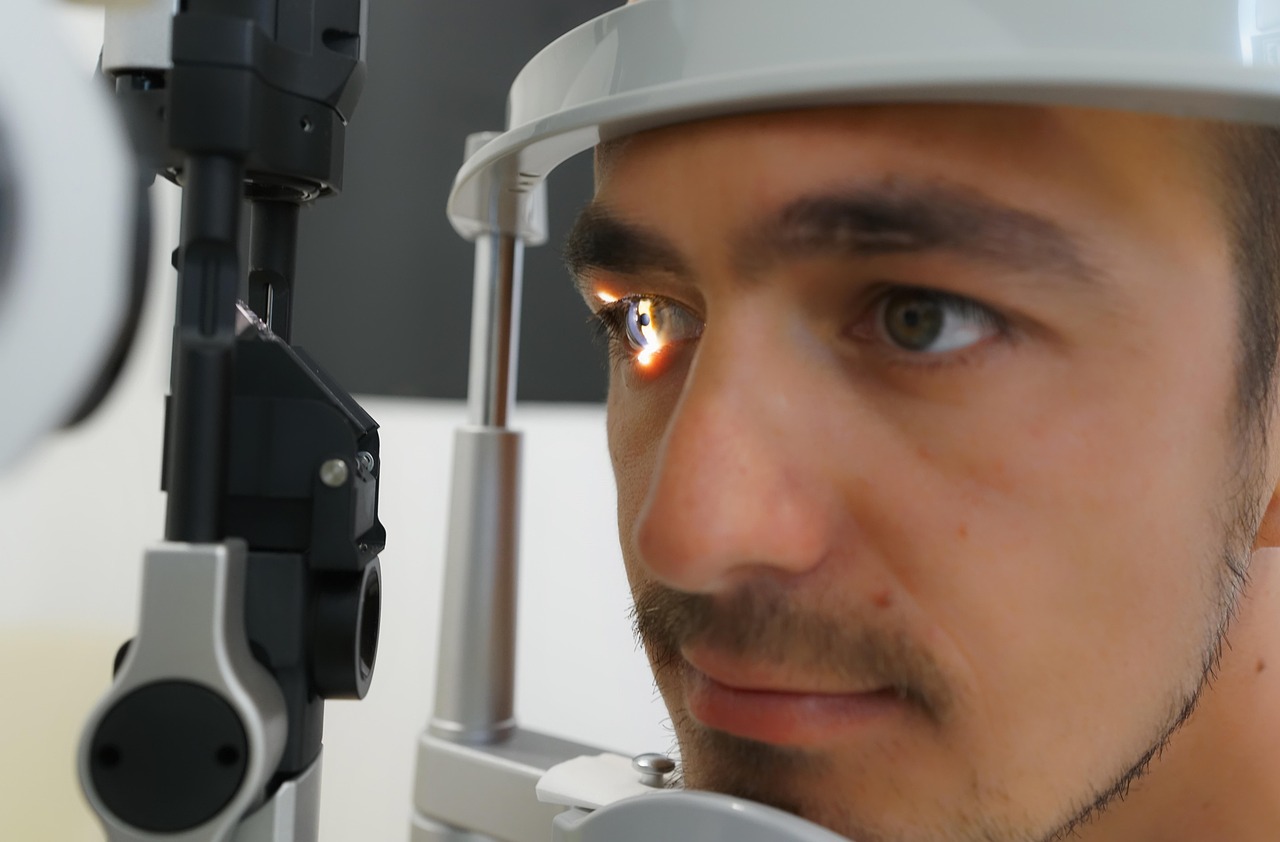08
Dec 2023
How to Improve Quality of Life Despite Tinnitus
Published in General on December 08, 2023

Living with tinnitus can be an intricate dance between the symphony of life and the persistent, sometimes intrusive, ringing in the ears. For those who grapple with this condition, maintaining a high quality of life may seem like an elusive goal. However, it's essential to recognize that, despite the challenges, there are strategies and lifestyle adjustments that can significantly improve one's well-being. This article delves into practical approaches and mindsets that can help individuals not only cope with tinnitus but also thrive despite its presence.
Embracing Sound Therapy for Inner Harmony
Tinnitus often amplifies its presence in moments of silence, making the quest for inner peace a unique challenge. One effective strategy involves embracing sound therapy to create a harmonious auditory environment. White noise machines, calming music, or nature sounds can act as a buffer against the persistent ringing, providing a soothing backdrop for daily life. This auditory companionship not only reduces the perceived intensity of tinnitus but also fosters a sense of tranquillity. Experimenting with different sounds to find what works best for individual preferences is key, allowing for a personalized approach to inner harmony.
Engaging in mindful practices, such as meditation and deep breathing exercises, further complements sound therapy. These techniques not only cultivate a heightened awareness of the present moment but also empower individuals to navigate the challenges of tinnitus with a centred and composed mindset. By integrating sound therapy and mindfulness into daily routines, individuals can gradually reshape their relationship with tinnitus, transforming it from an adversary into a manageable aspect of life.
Prioritizing Sleep for Overall Well-being
The relationship between tinnitus and sleep is a delicate one. The ringing can become more pronounced in the quietude of the night, potentially disrupting sleep patterns and contributing to fatigue. Prioritizing quality sleep is, therefore, paramount for enhancing overall well-being. Creating a sleep-conducive environment involves minimizing external noise through the aforementioned sound therapy methods and maintaining a consistent sleep schedule.
Moreover, exploring relaxation techniques before bedtime, such as gentle stretching or reading, can signal to the body that it's time to unwind. Technology can also be harnessed positively in this aspect, with various apps offering guided sleep meditations or calming bedtime stories. Establishing a bedtime routine that suits individual preferences sets the stage for restorative sleep, empowering individuals to face the day with renewed energy and resilience.
Fostering Connection and Communication
Tinnitus can sometimes create a barrier to effective communication, especially in noisy environments. This challenge emphasizes the importance of fostering connections with understanding friends, family, and colleagues. Openly communicating about the condition allows loved ones to provide the necessary support and accommodates the need for occasional adjustments in social settings. Additionally, joining support groups or seeking professional counselling can offer you or family members with tinnitus a valuable outlet for expressing feelings and receiving guidance. Connecting with others who share similar experiences can reduce feelings of isolation and provide a sense of community. Embracing one's vulnerability and sharing the journey with those who understand fosters a supportive network, reinforcing the notion that tinnitus does not have to be faced alone.
Empowering Through Healthy Lifestyle Choices
A holistic approach to managing tinnitus includes making mindful lifestyle choices that contribute to overall well-being. Regular exercise, for instance, has been shown to alleviate stress and improve mood, factors that can positively impact how one perceives and copes with tinnitus. Finding joy in physical activities, whether it's a brisk walk, yoga, or a favourite sport, not only promotes physical health but also serves as a powerful tool for mental and emotional resilience.
Moreover, dietary considerations play a role in managing tinnitus. Exploring anti-inflammatory foods and incorporating a balanced diet rich in nutrients can contribute to a healthier inner ear environment. Hydration is equally crucial, as it supports optimal bodily functions, including those related to auditory health. By making informed choices regarding nutrition and physical activity, individuals can empower themselves to take an active role in their overall well-being.
While tinnitus may be a constant presence, it doesn't have to define the quality of one's life. Through a combination of sound therapy, prioritizing sleep, fostering connections, and making healthy lifestyle choices, individuals can reclaim a sense of control and enhance their overall well-being. It's a journey of self-discovery, resilience, and adaptation—a journey that, despite the persistent ringing, can lead to a life filled with harmony, connection, and joy.









